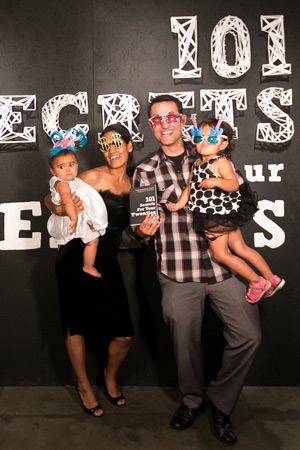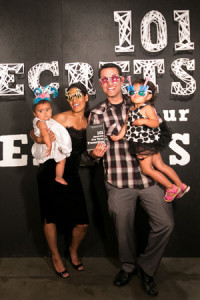The Q: “What do you say to someone who feels unlovable, whose 20s are gone, who believes there is nobody out there for him or her?” -Trish
The A: What I’d say is not as important as what I’d do. First I’d respectfully oppose his or her viewpoint by expressing my belief that humans are of intrinsic, infinite value, on the never-ending receiving end of authentic love and unabashed affection from the creator of the universe.
Then I’d go Albert Ellis on ’em.
Albert Ellis, a now-deceased psychologist, created rational emotive behavior therapy, a counseling theory designed to nip distress-inducing, irrational thought in the bud. Its purpose, according to Dr. Greg Mulhauser, is “to help clients to replace absolutist philosophies, full of ‘musts’ and ‘shoulds’, with more flexible ones.” How we’d use it with somebody who feels unlovable, whose 20s are gone, who believes he or she never will date again or marry, is threefold:
1. We’d pinpoint the person’s ultimate current beliefs (that being unattached equals being unlovable, that people who don’t meet somebody in their 20s never meet somebody, that he or she must have a significant other, etc.).
2. Then we’d dispute them (What evidence do you have that supports the belief? What evidence contradicts it? Is the belief rational, or irrational; reasonable, or unreasonable; constructive, or destructive? In what ways does having the belief help you meet your goals? In what ways does it hurt you?).
3. Then we’d replace them with better beliefs – rational, constructive ones (How single I am doesn’t determine how lovable I am. People meet each other and establish meaningful relationships at all ages. Nothing requires me to have a significant other; I’m not breaking a law by being single, etc.).
Other helpful tools to use when we’re stuck on a distress-inducing belief include making an appointment with a mental health counselor, or scouring the five principles for determining whether a belief is rational, Ellis’s list of irrational beliefs (and their replacements), and the ABC’s.
– – – –
Q&A is an occasional feature. If you have a Q, I can come up with an A (and if I don’t have an A, I’ll find somebody who does). To submit a question, click here. No topic is taboo (although I can’t promise I will answer every question).
Click here to read all the posts in this series.




